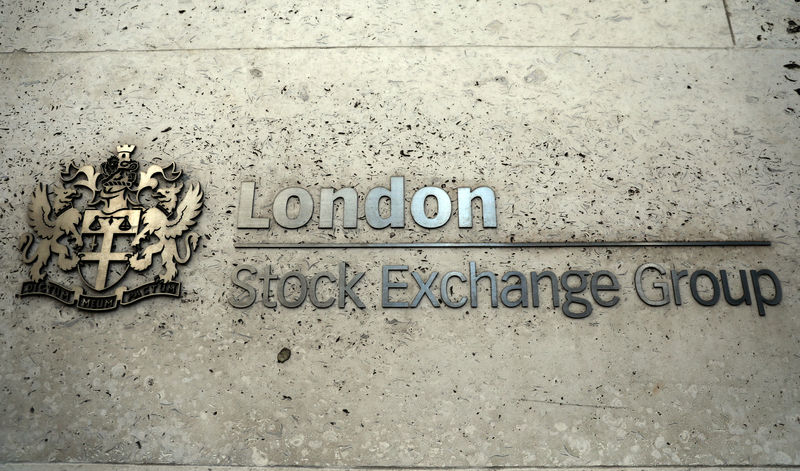By Celine Aswad
DUBAI (Reuters) - Middle East funds plan to move aggressively into Kuwaiti stocks as the market prices in expectations that index compiler FTSE will add the Gulf state to its secondary emerging market index, a monthly Reuters poll found.
At the end of September, FTSE is to announce its decision on whether to include Kuwait and Saudi Arabia in the index. Analysts at Arqaam Capital and EFG Hermes believe the chances of both countries meeting FTSE's inclusion criteria are high, though actual entry into index, once a decision was made, would probably not take place until late 2018.
Sixty-two percent of respondents expect to raise their allocations to Kuwaiti stocks over the next three months and none anticipate cutting them, according to the poll of 13 regional fund managers conducted over the past week.
That is the most bullish allocation towards Kuwait since the launch of the survey in September 2013.
"Apart from expectations for higher government spending, buyers are hoping FTSE will next month give notice of Kuwait entering its EM index in September 2018," said Akber Khan, head of asset management at Doha-based Al Rayan Investment.
"Since active investors have long been underweight, this has triggered panic buying of some Kuwaiti blue chips." Logistics firm Agility, for example, has climbed over 17 percent in the past two months.
Saudi Arabia's inclusion in the FTSE index has been more anticipated, and funds began building Saudi positions in anticipation of MSCI's decision in June to review Riyadh for possible inclusion in its own emerging market index.
This has left funds with little incentive to keep boosting allocations to Saudi Arabia, especially given the greater vulnerability of Saudi state finances to low oil prices compared to wealthy Kuwait, and the fact that second-quarter earnings at major Saudi firms were uninspiring, another manager said.
Twenty-three percent of respondents expect to raise exposure to Saudi equities and 15 percent to reduce them - the least positive stance towards Saudi Arabia since November 2016.
The latest poll also showed managers have turned negative towards Qatari stocks again, with 38 percent expecting to cut their allocations and none to raise them. Last month, the balance was 23 percent on each side.
Many Saudi, UAE and Bahraini funds pulled money out of Qatar in June after their governments cut diplomatic and trade links with Doha on June 5.
Selling appeared to ease in July, but the Qatari market came under renewed pressure in August as it became clear there was little prospect of an early end to the diplomatic rift, and as renewed worries about the impact of the sanctions on Qatar's economy emerged. The Qatari stock index has fallen 11 percent since June 5.
On Monday, Fitch lowered Qatar's credit rating by one notch to AA-minus with a negative outlook, citing the sanctions. That brought it into line with the other two major rating agencies, Moody's and Standard & Poor's.
The downgrade threatens higher funding costs for Qatari banks, which account for most of the stock market's value, as they seek to replace deposits and loans withdrawn by the other Arab states.
